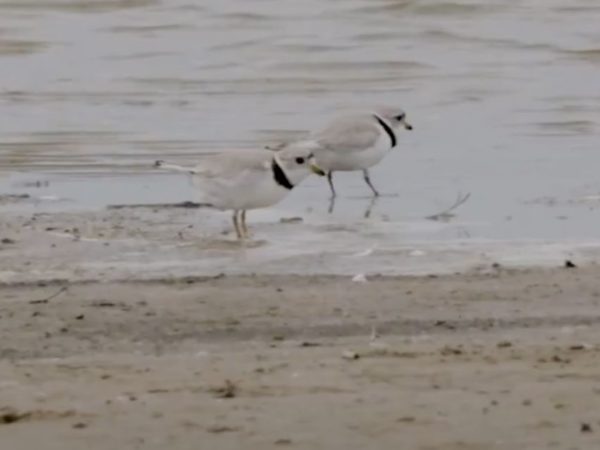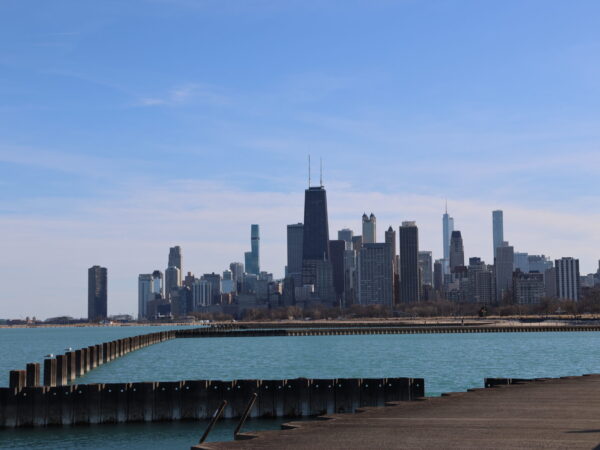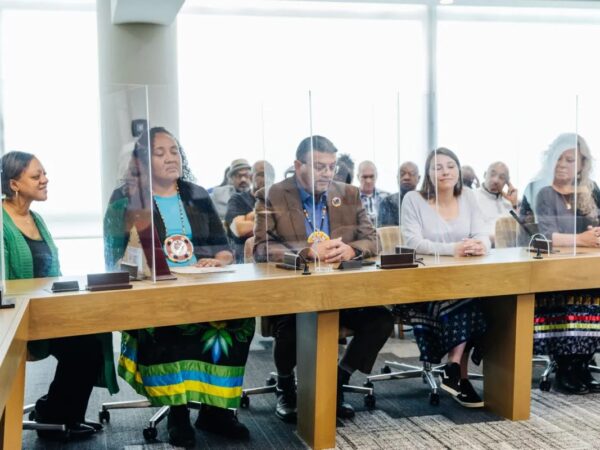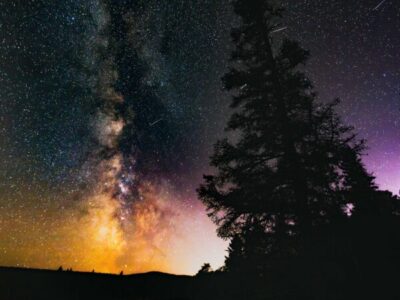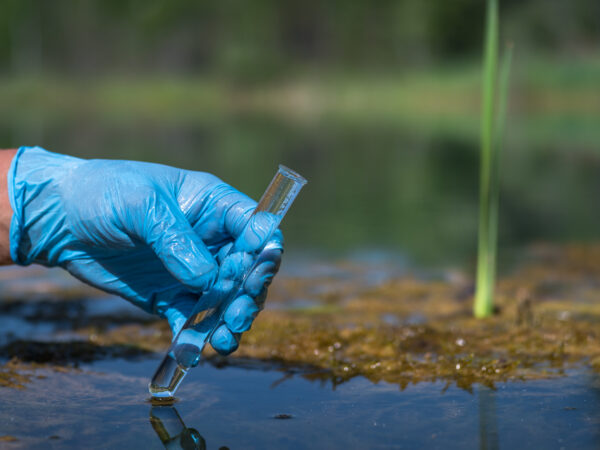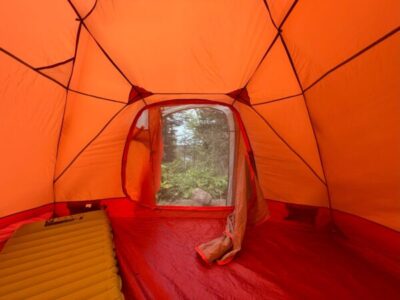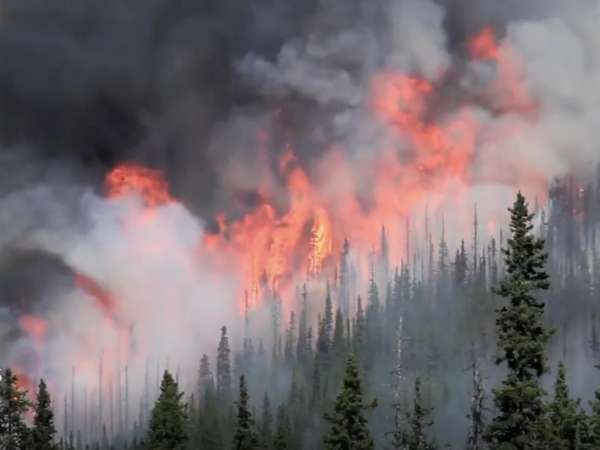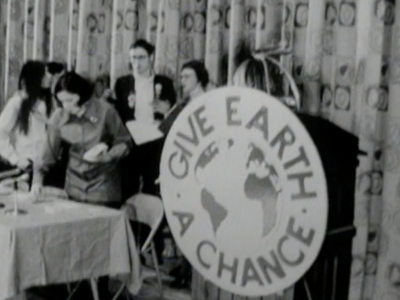What to expect with the start of 2025’s fishing season
Fishing licenses for the year are available, and the Michigan Department of Natural Resources has changed a few requirements.
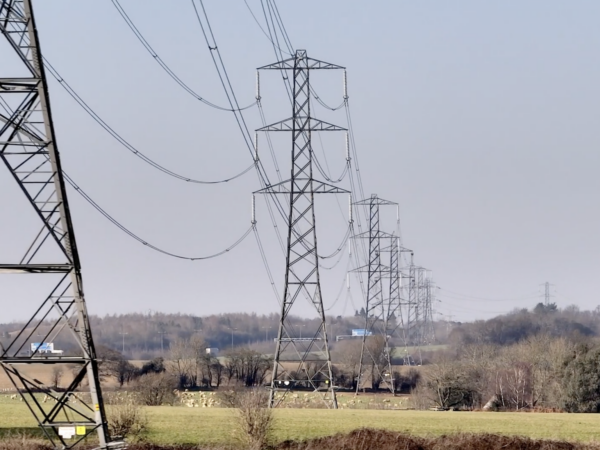
Rising utility bills have Americans worried
As Trump’s policies threaten to raise utility bills, a new poll finds broad concern over costs — and little knowledge of the regulators that control rates.

Chequamegon Bay Superfund site: History, environmental impact and its importance to Indigenous communities
It took 174 years to clean up the mess made by extractive industries at Chequamegon Bay, a place of cultural importance for the Ojibwe-Anishinaabeg.
Spring bird migration in the Great Lakes
Great Lakes Now host Anna Sysling moderated a panel discussion of avian researchers and regional experts about conservation efforts to protect a variety of bird species across the Great Lakes.
Artificial Reefs Can Mitigate Coastal Erosion in the Great Lakes. Will Cities Agree to Adopt Them?
Some researchers are proposing a naturally sourced solution to the issue of coastal erosion.
Native Detroiters reclaim sacred land
Indigenous people have regained control of a sacred burial mound at Historic Fort Wayne dating back more than 1,000 years.
On the importance of dark sky parks
For International Dark Sky Week, learn about the health benefits of a night sky unobstructed by artificial light.
EPA nixes PFAS grants, teases new strategy
More PFAS news as a chemical disaster tracking tool goes dark and updated fish advisories are announced in Michigan and Minnesota.
Visiting the least visited national park
For National Park week, Ian Solomon recounts his time visiting Isle Royale for a much-loved episode of Great Lakes Now.
More Fire, More Water
Prescribed burns, intense rainfall and a look at the snow mobile industry.
How the Great Lakes region inspired the first Earth Day
A senator from Wisconsin was so inspired by his love of the Great Lakes region, that he became an advocate for the environment.
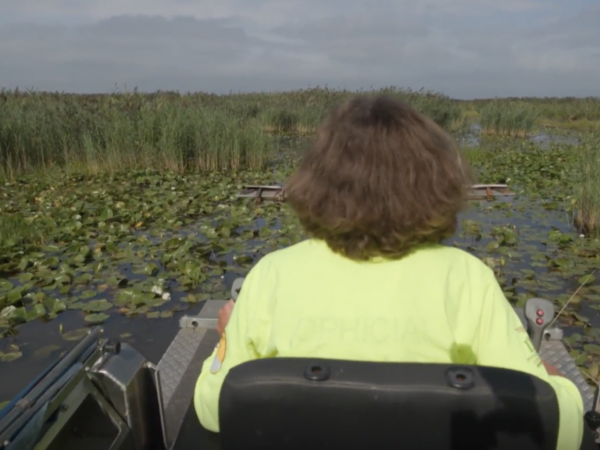
Can these invasive reeds be stopped?
Invasive phragmites are taking over Ontario’s wetlands, choking out native plants and wildlife. But a team of dedicated experts and community members are fighting back.



